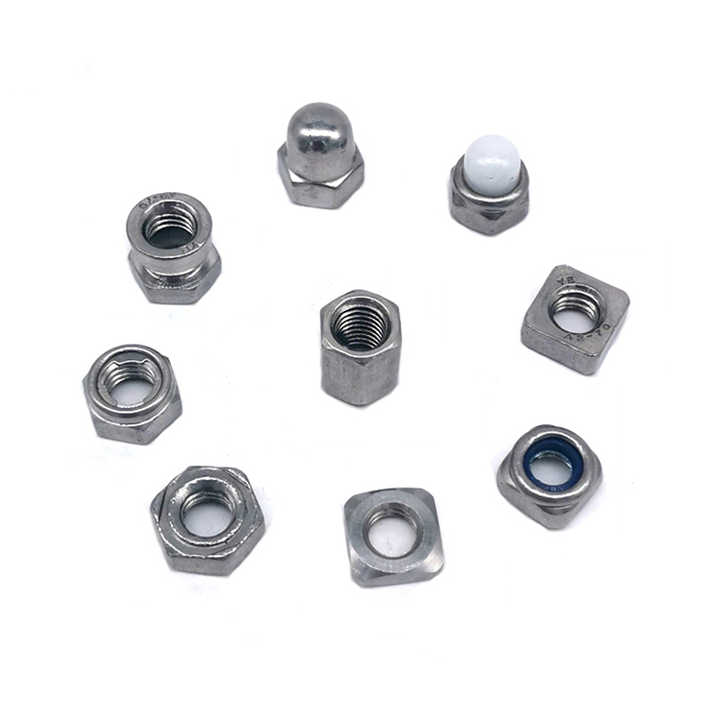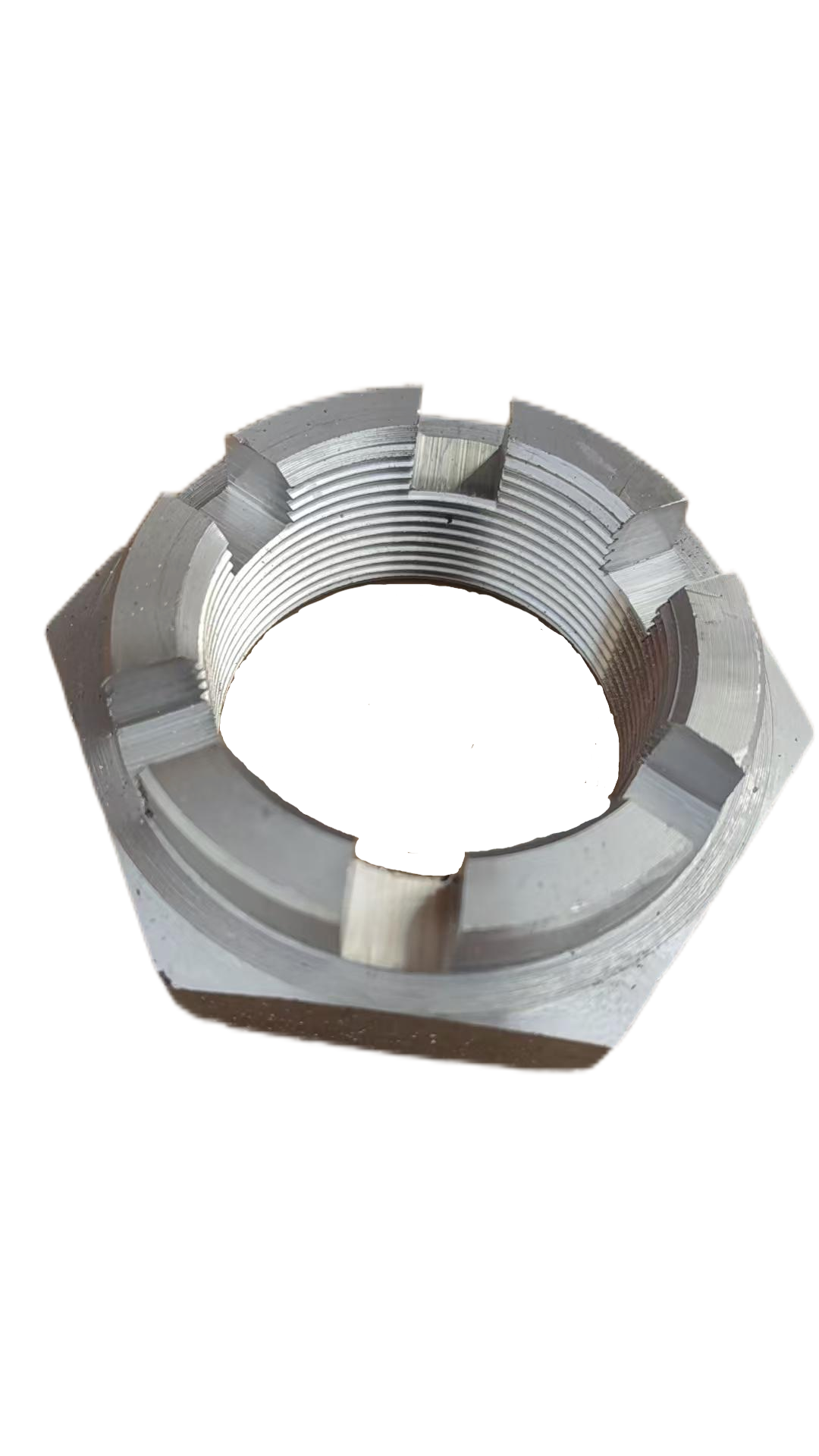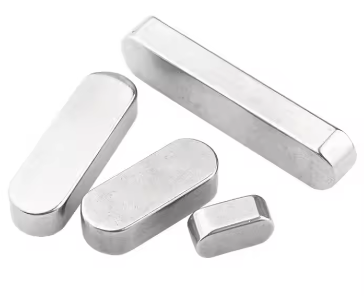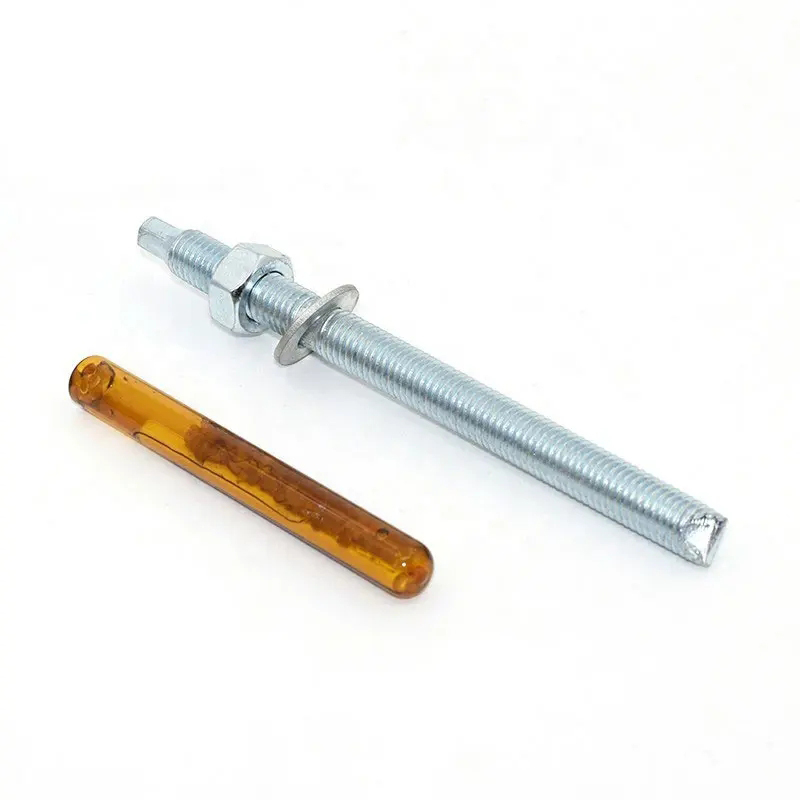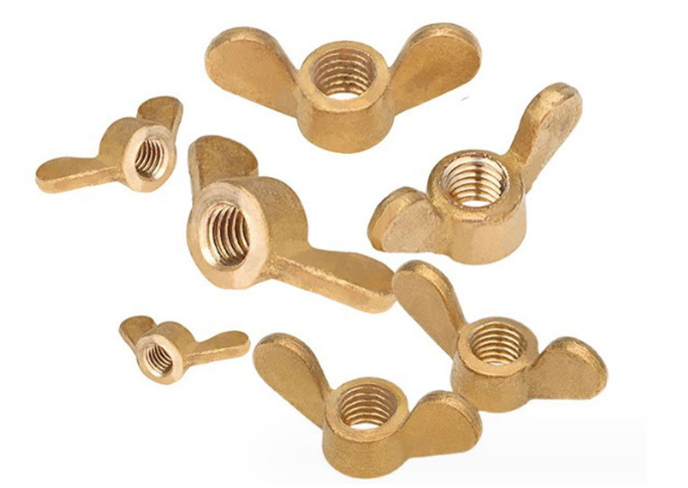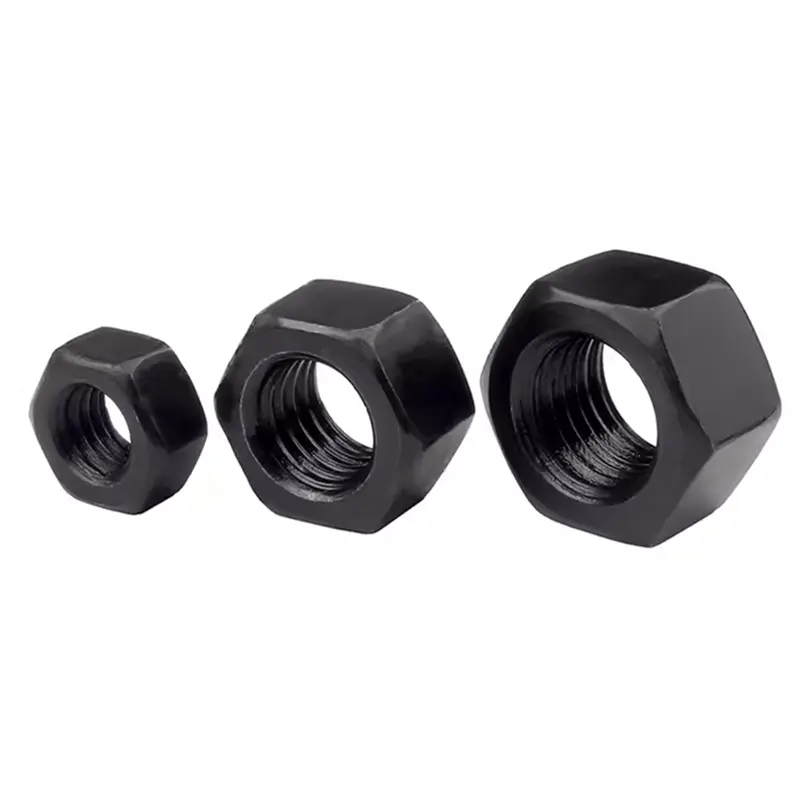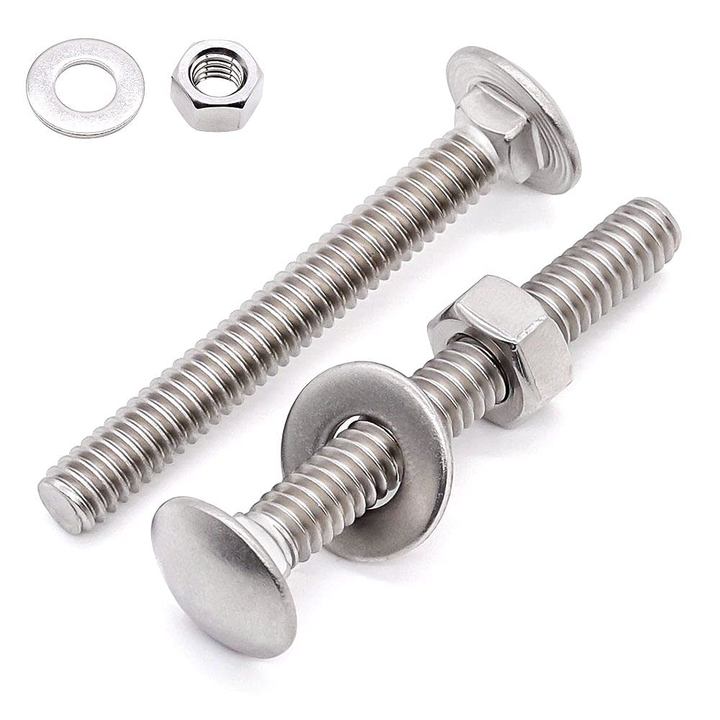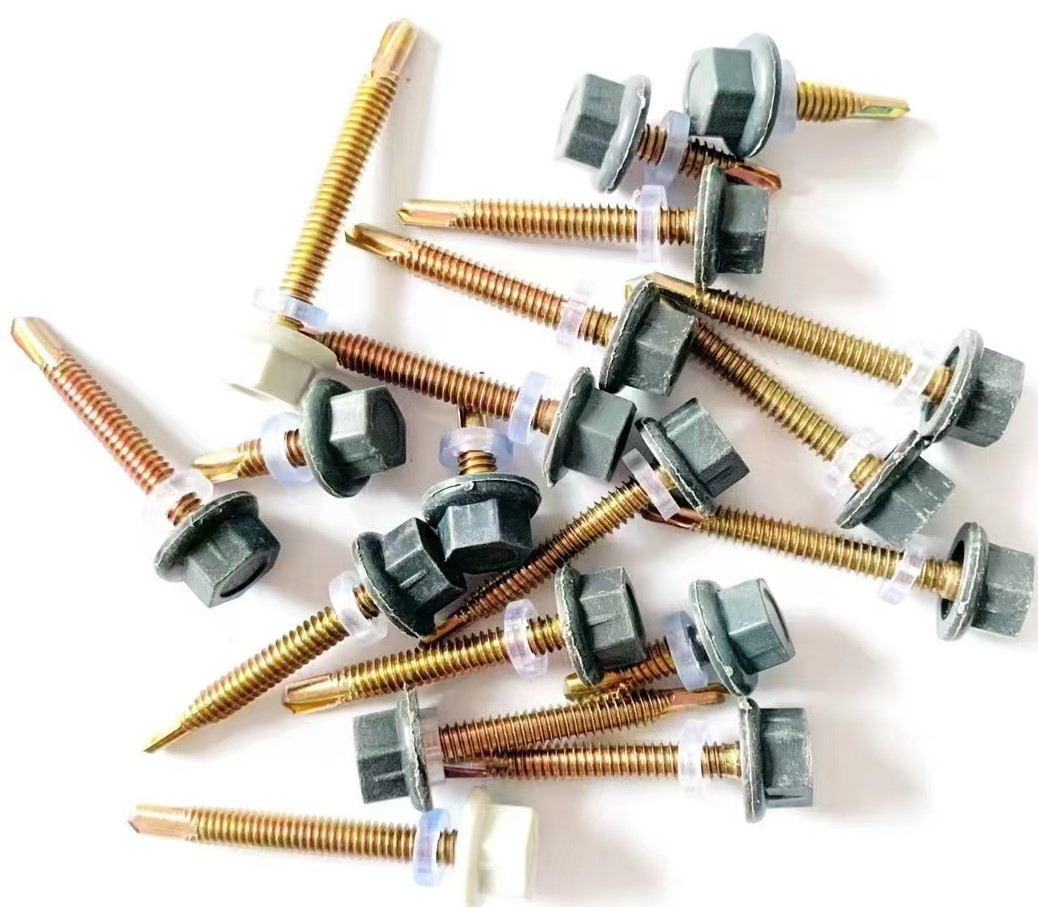Bolt Hex Nut: A Comprehensive GuideUnderstanding the Different Types and Applications of Bolt Hex NutsThis guide provides a comprehensive overview of bolt hex nuts, covering various types, applications, and considerations for selection and use. We'll explore different materials, sizes, and standards to help you choose the right bolt hex nut for your specific needs. Learn about the crucial role these fasteners play in countless industries and projects.
Types of Bolt Hex Nuts
Standard Hex Nuts
Standard
bolt hex nuts are the most common type, characterized by their hexagonal shape and relatively simple design. They are widely used in general-purpose applications and are available in a wide range of sizes and materials. These nuts typically conform to industry standards like ISO and ANSI. Their strength and durability make them suitable for a vast array of projects. For high-quality standard hex nuts, consider exploring options from reputable suppliers like Hebei Dewell Metal Products Co., LTD. You can find a wide selection on their website:
https://www.deweLLfastener.com/.
Flange Hex Nuts
Flange
bolt hex nuts feature a wider base, providing a larger bearing surface. This design enhances clamping force and prevents damage to softer materials. They are particularly useful where vibration is a concern or when working with materials that are susceptible to damage from concentrated pressure. The increased surface area helps distribute the load more effectively.
Lock Nuts
Various types of lock nuts are designed to prevent loosening due to vibration or other factors. These include nylon insert lock nuts, all-metal lock nuts, and prevailing torque lock nuts. The choice of lock nut depends heavily on the application and the level of vibration or stress expected. Each type offers a unique mechanism to ensure the
bolt hex nut remains securely fastened.
Castle Nuts
Castle nuts are identifiable by a slot cut into their top. A cotter pin is inserted through the slot and a hole in the bolt to secure the nut in place, preventing it from loosening under vibration. This adds an extra layer of security, especially crucial in applications where failure could have serious consequences. They are commonly used in applications requiring high reliability and safety.
Materials and Grades
Bolt hex nuts are manufactured from various materials, each offering different properties: Steel: The most common material, offering good strength and durability. Different grades of steel (e.g., Grade 5, Grade 8) indicate varying tensile strength. Stainless Steel: Offers superior corrosion resistance, making it ideal for outdoor or marine applications. Brass: Provides excellent corrosion resistance and is often used in applications where electrical conductivity is a concern. Nylon: Used in applications requiring a lighter, non-metallic solution, often with vibration dampening properties.
| Material | Advantages | Disadvantages |
| Steel | High strength, cost-effective | Susceptible to corrosion |
| Stainless Steel | Excellent corrosion resistance | Higher cost than steel |
| Brass | Good corrosion resistance, non-magnetic | Lower strength than steel |
Selecting the Right Bolt Hex Nut
Choosing the correct
bolt hex nut requires considering several factors: Thread size and pitch: Ensure compatibility with the bolt being used. Material: Select a material appropriate for the application and environment. Grade: Choose a grade that meets or exceeds the required strength. Type: Select the appropriate type of nut based on the application's requirements (e.g., standard, flange, lock nut).By carefully considering these factors, you can ensure the selection of a suitable and reliable
bolt hex nut for your project. Hebei Dewell Metal Products Co., LTD offers a wide range of options to meet diverse needs. Visit their website to explore their catalog and find the perfect solution.
Conclusion
Understanding the various types and applications of
bolt hex nuts is crucial for ensuring the safety and reliability of any project involving threaded fasteners. By understanding the different materials, grades, and types available, you can select the appropriate nut to suit the specific demands of your application. Remember to always choose high-quality fasteners from reputable suppliers for optimal performance and longevity.





